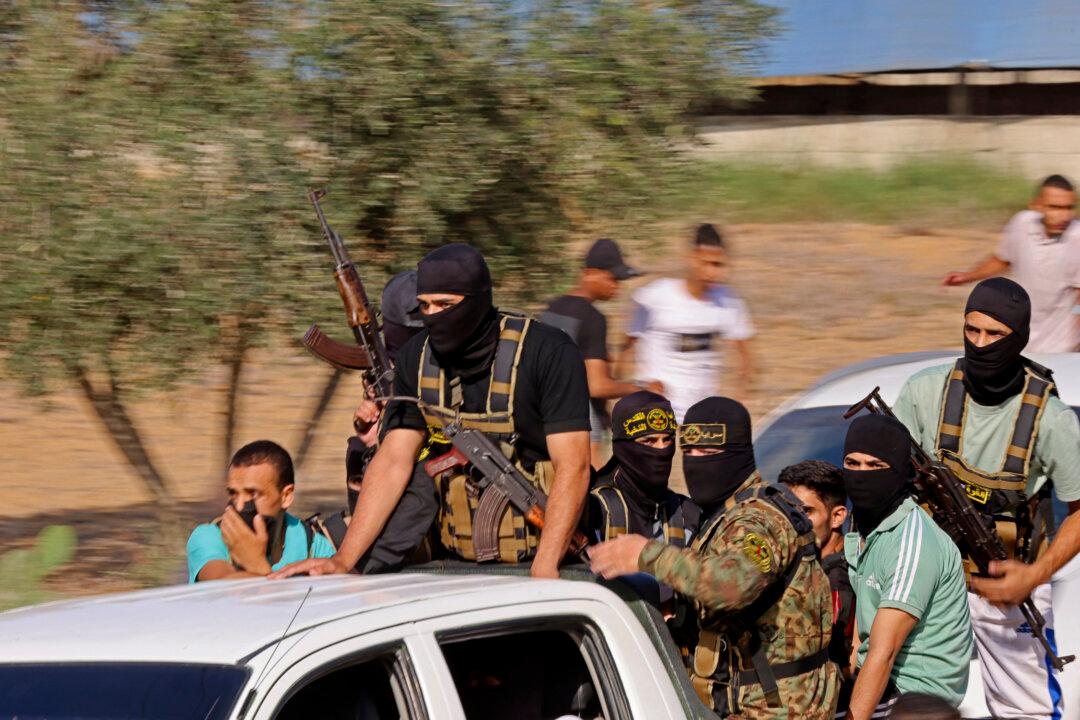Some of the hostages taken from Israel in October 2023 are now thought to be dead, the White House has said.
The grim acknowledgment comes as Israel and the United States struggle to convince the Hamas terror group to accept a proposed temporary ceasefire to exchange hostages and allow for increased humanitarian assistance in Gaza.




